I always believe that when there’s good and bad news, people, in general, prefer to hear the good news first, so here it is.
The good news is that Sun State Hemp Broad Spectrum and Isolate CBD is THC Free! The bad news? The answer gets more complicated than that.
The next piece of information worth sharing is that the hemp industry is expected to become worth approximately $36 Billion by 2026. That’s an incredibly short time frame, but with the way CBD has exploded onto the scene, it’s also becoming very real, very fast!

Lots of attention is being directed at CBD and the benefits of CBD oil in particular. Because CBD has none of the psychoactive effects associated with marijuana and THC, it has a much wider acceptance among the general adult population.
Let’s start at the beginning. CBD and THC are well-known, but it’s worth it to go over them again.
Out of the more than 100 different chemical compounds found in the Cannabis plant group these two are the sweethearts of the bunch. While we are fervent admirers of THC, the component within Cannabis plants that will make you feel high, we see the real potential within its related yet distinct chemical, CBD. Sun State Hemp-derived CBD products are designed to be either THC free or contain no more than trace amounts of it. There are good reasons behind this important decision.
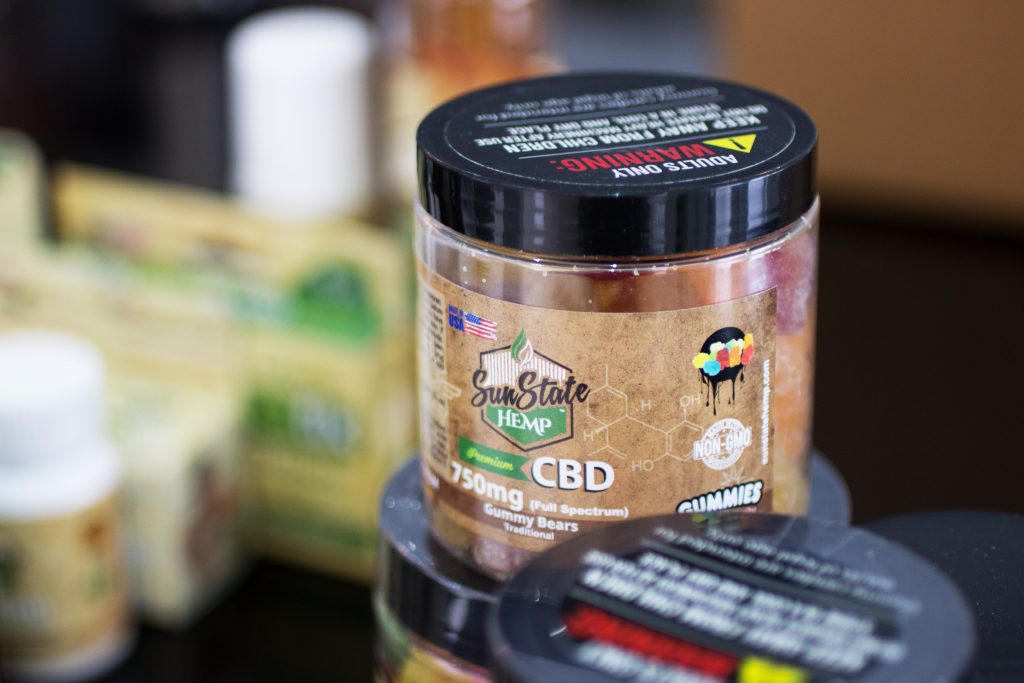
When it comes to products that are listed as THC-Free, it’s important to understand the key distinction between ZERO THC and trace amounts of THC. It’s also worth being aware that ‘trace amounts of THC’ and ‘less than 0.3% THC concentration’ are similar but not exactly the same thing either.
Our selection of Broad Spectrum Tinctures is all 100% THC-Free. They have been specially designed to have THC removed from them completely. Not even trace amounts. However, they will contain various concentrations of a variety of cannabinoids, primarily CBD.
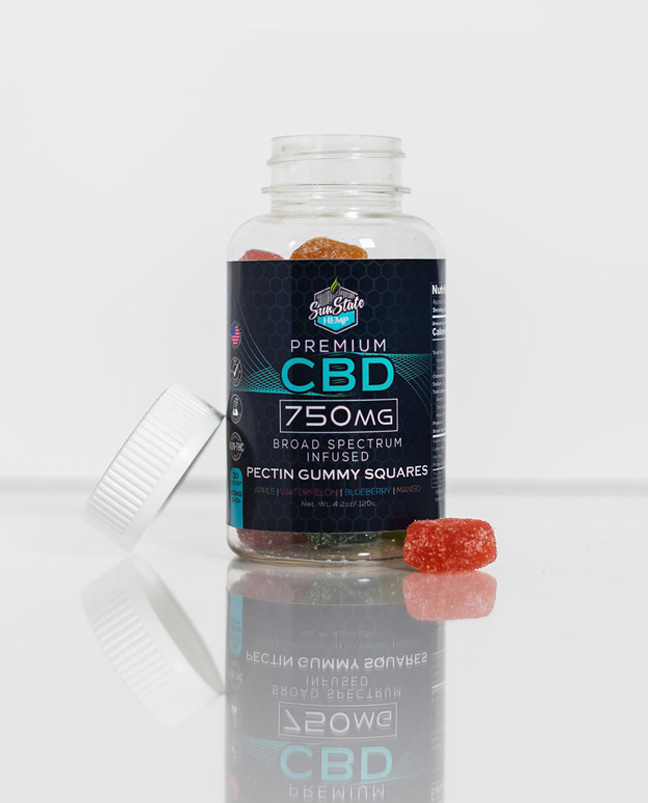
Something like our CBD Cooling Relief Salve is intended to have only CBD present. However, as with other CBD isolate/CBD-only products, it has the potential to contain ‘trace’ amounts of THC. These amounts are so low they are often unable to be detected in even minute qualities and do not have any recognized effect on the body.
Meanwhile, our Full Spectrum Tinctures contain many hemp cannabinoids, including THC. While the amount of THC is more than ‘trace’ amounts, it will not exceed 0.3% on a dry-weight basis. That is the federal legal limit that separates hemp from marijuana.
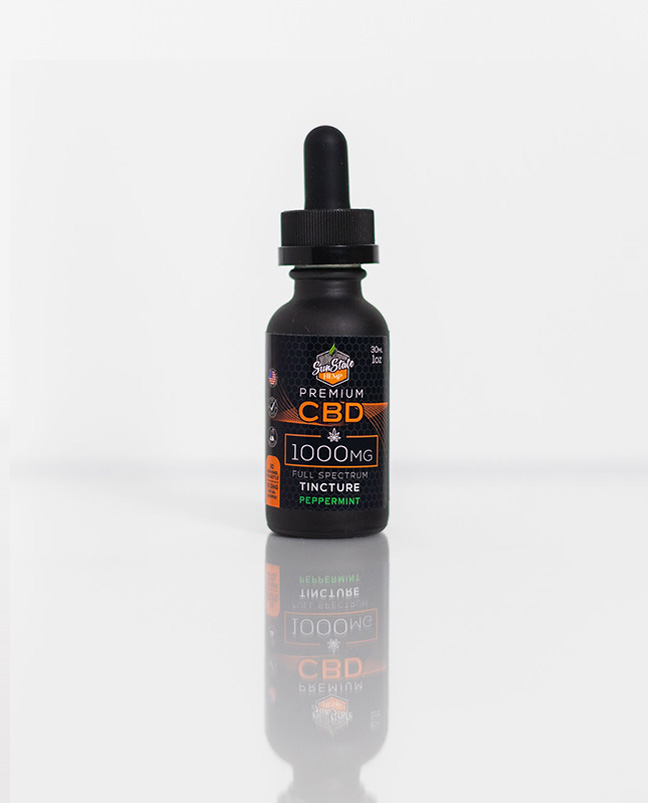
So when we say our products are THC-Free, it can mean quite a few things – but always that our products are made to the highest standards and subject to rigorous testing.
Having good lab equipment and accurate testing in place is crucial for companies. How else will customers trust CBD without having proof of accuracy and peace of mind?
There is a lot of excitement about CBD and the potential for making money and helping
people feel better.
Both THC and CBD have finally broken out and are being recognized for the immense potential benefits they have.
Even CNN’s highly respected Chief Medical Correspondent, Dr. Sanjay Gupta, has come around from his previous position against medical marijuana, saying…“I am especially intrigued by studies…I promise to do my part to help…”
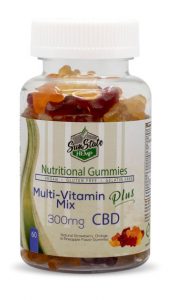
What is the origin of CBD?
The main source of CBD is from two plants: cannabis (or marijuana) and hemp. Both marijuana and hemp are variations on the Cannabis genus of plants, mainly the Sativa species. Other species like Indica exist, too. Marijuana contains high levels of THC, and under Federal law is an illegal Schedule I drug.
A quick note: Cannabis (uppercase C) is used to talk about the plant group, while cannabis (lowercase c) is referring to illegal marijuana.
As of the writing of this article, 26 states have legalized or broadly de-criminalized cannabis in some form.
Instead of cannabis, today’s legal CBD is derived from its low-THC cousin: Hemp.
Unlike cannabis, hemp naturally contains a relatively low amount of THC. Hemp historically was known for its use in making fabrics and rope, as well as other things. Since the 2018 Farm Bill, cannabinoids like CBD that come from hemp are federally legal. For this reason, CBD is easily obtained and available for distribution without the issues associated with cannabis-derived CBD products.
Then, what is the difference between CBD & THC?
Most people are familiar, in some fashion, with THC. THC is the main psychoactive ingredient found in Cannabis plants responsible for getting high. This is the main difference – where THC targets receptors in the mind, CBD targets receptors in the body. Crucially, CBD cannot get you high, while THC can. Studies worldwide are finally being conducted that demonstrate the wide-ranging benefits of CBD for supporting your health and wellness.
What Does CBD Do?
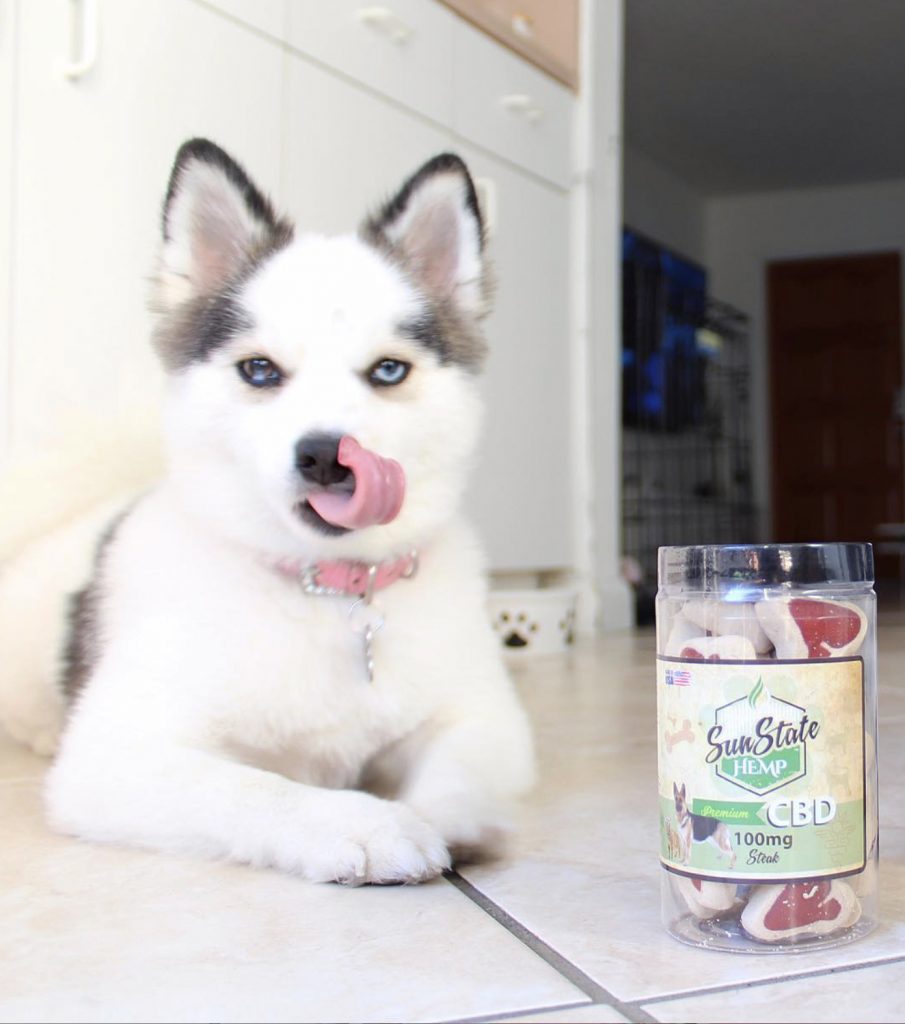
As one of over 109 compounds found within the cannabis plant, THC and CBD have the highest concentrations.
They are the most widely recognized and studied components of the plant. High CBD (and low THC) strains of cannabis are becoming increasingly popular within the health and scientific communities.
CBD’s highly beneficial properties have piqued the interest of consumers and researchers alike. The CB1 receptors in our brains are what react with THC to produce the commonly known intoxicating effects of cannabis. CBD interacts with the CB2 receptors elsewhere in the body, for a different experience.
In 2011, a review was published stating that “Several studies suggest that CBD is non-toxic…and does not alter psychomotor or psychological functions.” It went on to say, “Chronic use and high doses up to 1,500 mg/day of CBD are reportedly well tolerated in humans.” The non-toxicity and non-high-inducing properties of CBD have allowed it to gain hold with the wider public in a way that can’t be ignored as just a fad.
So, there you have it! CBD is here to stay. We at SunStateHemp.com are very bullish on the future of our industry and look forward to the day when CBD becomes globally mainstream.

